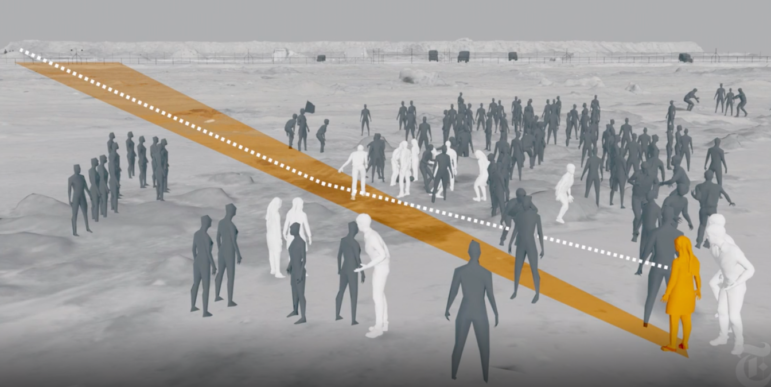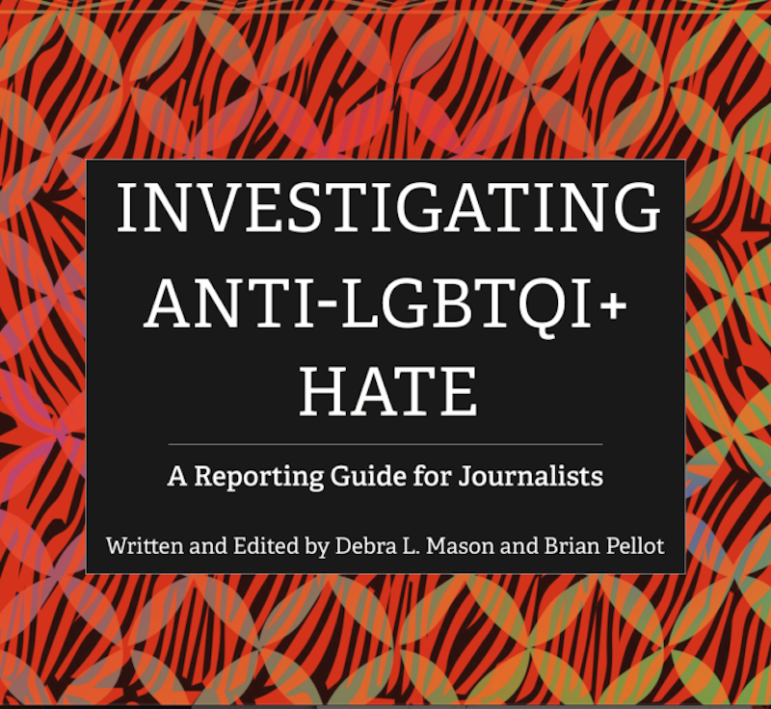Guide Resource
Digging into Disappearances: A Guide to Investigating Missing People and Organized Crime
Millions of people disappear every year, according to the International Commission on Missing People, and organized crime is involved in many of these cases. The violence associated with drug trafficking in particular, but also wildlife smuggling, resource theft, human trafficking, and other criminal rackets, plays a key role in many of the disappearances. Journalists act […]
















